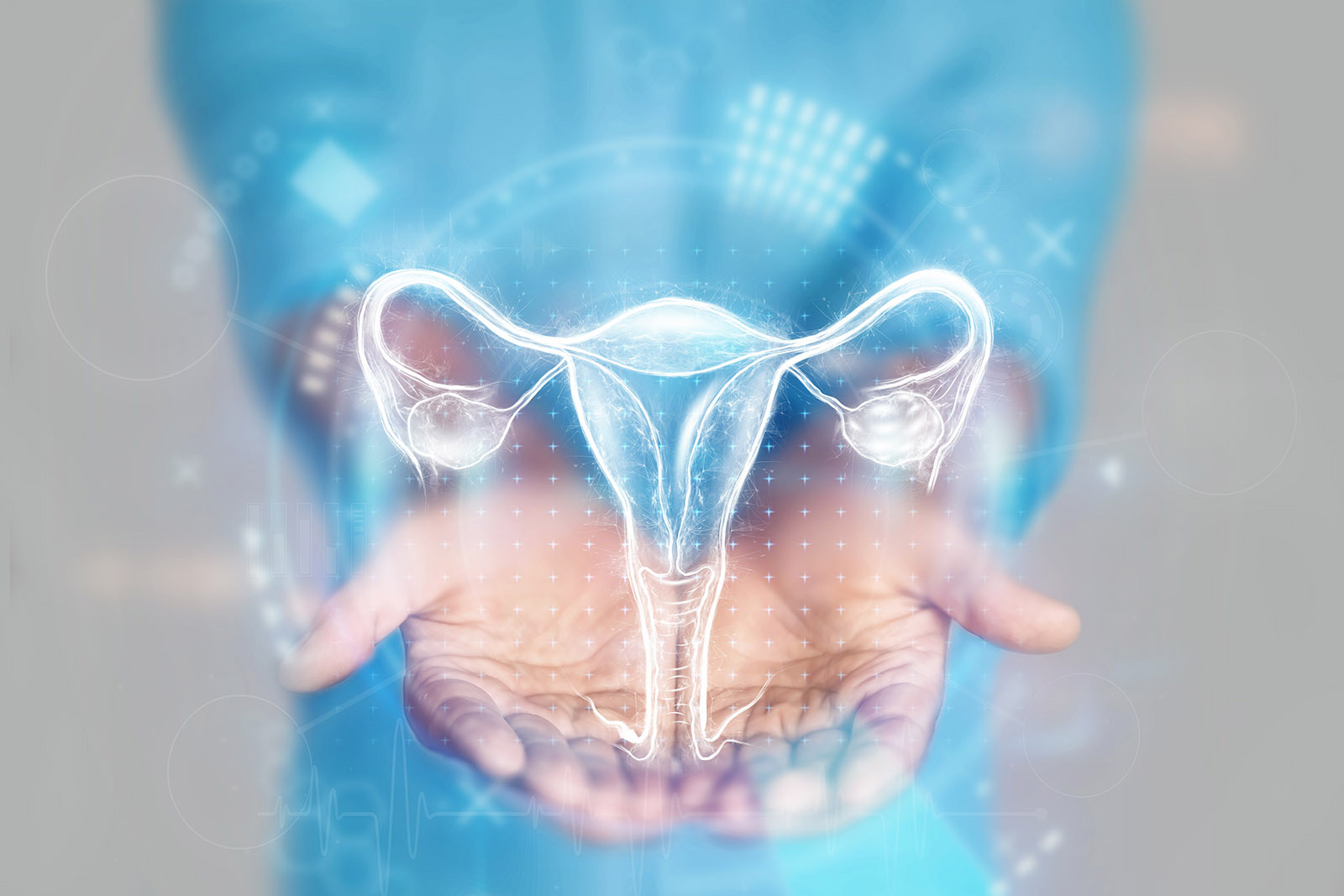Nearly 8 out of 10 women in Ireland are not confident they would notice a symptom of ovarian cancer. This is one of the findings from a study carried out in April 2023 amongst adult women, commissioned by the Irish Network for Gynaecological Oncology (INGO) to mark World Ovarian Cancer Day on Monday.
Unfortunately, more than three quarters of patients with ovarian cancer are diagnosed when the disease is at a late stage. This is partly due to the vagueness of symptoms and the similarity with other conditions, such as irritable bowel syndrome (IBS).
The INGO is a network of over thirty of Ireland’s foremost gynaecological cancer campaigners, researchers and patient advocates who have come together to highlight BEAT – the symptoms of ovarian cancer.
The research is the second annual study of the knowledge of ovarian cancer amongst women in Ireland and highlights that when it comes to recognising the warning signs and symptoms of ovarian cancer, women in Ireland have varying levels of knowledge.
A significant proportion of women recognise two of the four main warning signs of ovarian cancer: a persistent pain in the abdomen and/or a persistent pain in the pelvis; persistent bloating or an increased abdominal size on most days.
However, there is concern that most women did not recognise two other common symptoms of ovarian cancer: feeling persistently full; and difficulty eating on most days could be a sign of ovarian cancer.
B.E.A.T. IT
In conjunction with World Ovarian Cancer Day on Monday, the INGO launched a campaign to raise awareness of the symptoms of ovarian cancer and encourage women to contact and explain their symptoms to their GP if they are worried, as early diagnosis can save lives. The campaign emphasises the BEAT symptoms: Bloating that is persistent and doesn’t come and go; Eating less and feeling full more quickly; Abdominal and pelvic pain you feel most days; Toilet changes in urination or bowel habits.
The clear message is that if a woman experiences any of these symptoms for three weeks or more, she should contact her GP.
The campaign also seeks to dispel the myth that cervical screening detects ovarian cancer – it is important for women to understand that cervical screening only checks whether a woman is at risk of having cervical cancer and no other cancer type.












